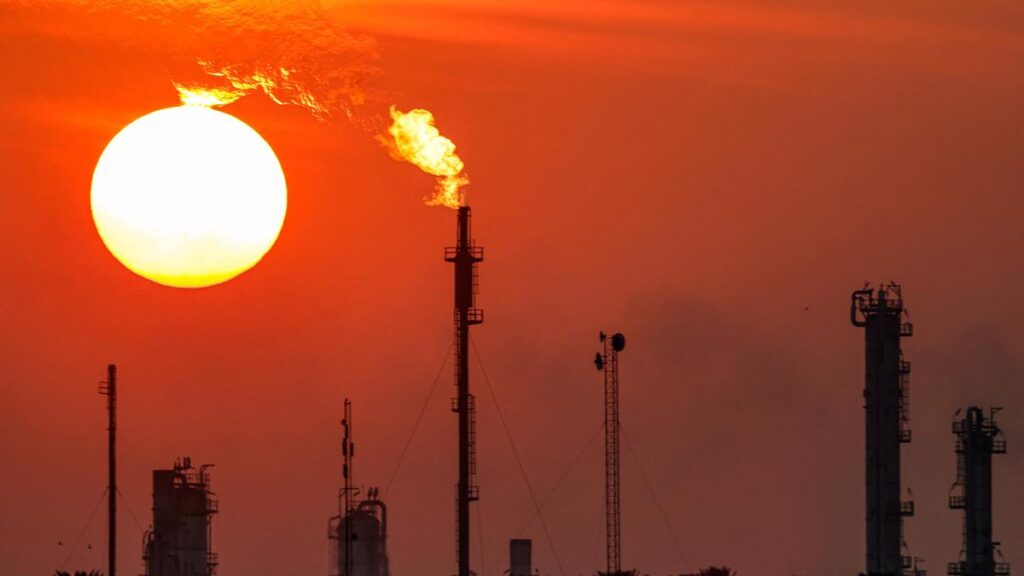
Rising Oil Prices Impacting Indian Economy
The recent escalation of tensions between Israel and Iran has sent shockwaves through global markets, with significant implications for India’s economy. Oil prices have surged, with Brent crude rising over 7% to above $75 per barrel, following Israel’s pre-emptive strikes on Iran’s nuclear sites. This spike in oil prices is expected to lead to a 40-50% increase in export costs for Indian businesses, as higher fuel prices translate into increased transportation and logistics expenses.
Disruptions in Global Shipping Routes
The conflict has also raised concerns about potential disruptions in critical shipping routes. The Strait of Hormuz, a vital passage for global oil supplies, could become a flashpoint if Iran retaliates by blocking the strait. Such a move would severely impact India’s oil imports, as a significant portion of its crude oil passes through this route. Additionally, the Red Sea, another crucial maritime corridor, has seen increased attacks on shipping vessels, leading to longer and more expensive shipping routes for Indian exporters.
Impact on Indian Exporters
Indian exporters are facing heightened challenges due to the escalating conflict. The increased cost of shipping, coupled with potential delays in delivery, is putting pressure on profit margins. Moreover, the uncertainty surrounding the stability of key trade routes is causing apprehension among businesses. Exporters are being forced to consider alternative routes and logistics solutions, which may further increase costs and complicate supply chains.
Inflationary Pressures on Domestic Market
The rise in oil prices is not only affecting export costs but is also contributing to inflationary pressures within India. Higher fuel prices lead to increased transportation costs, which in turn raise the prices of goods and services. This inflationary trend could erode consumer purchasing power and impact overall economic growth. Analysts warn that if the conflict persists and oil prices continue to rise, India could face significant economic challenges.
Strategic Importance of West Asia to India
India’s dependence on oil imports from West Asia makes the current geopolitical tensions particularly concerning. The region accounts for a substantial portion of India’s oil imports, and any disruption in supply could have far-reaching consequences. The potential for increased shipping times and costs, coupled with the risk of supply shortages, underscores the strategic importance of maintaining stability in West Asia for India’s energy security.
Government’s Response and Future Outlook
The Indian government is closely monitoring the situation and is in discussions with international partners to mitigate the impact of the conflict. Measures are being considered to ensure the stability of oil supplies and to support exporters facing increased costs. However, the evolving nature of the conflict presents challenges in formulating effective responses. Experts suggest that India may need to diversify its sources of oil imports and strengthen its domestic energy infrastructure to reduce vulnerability to external shocks.
Conclusion
The Israel-Iran conflict has far-reaching implications for India’s economy, particularly concerning oil supply and export costs. While the situation remains fluid, the potential for continued volatility in oil prices and disruptions in global shipping routes poses significant challenges. India’s response will require strategic planning and international cooperation to navigate the complexities of the current geopolitical landscape and safeguard its economic interests.






































Leave a Reply